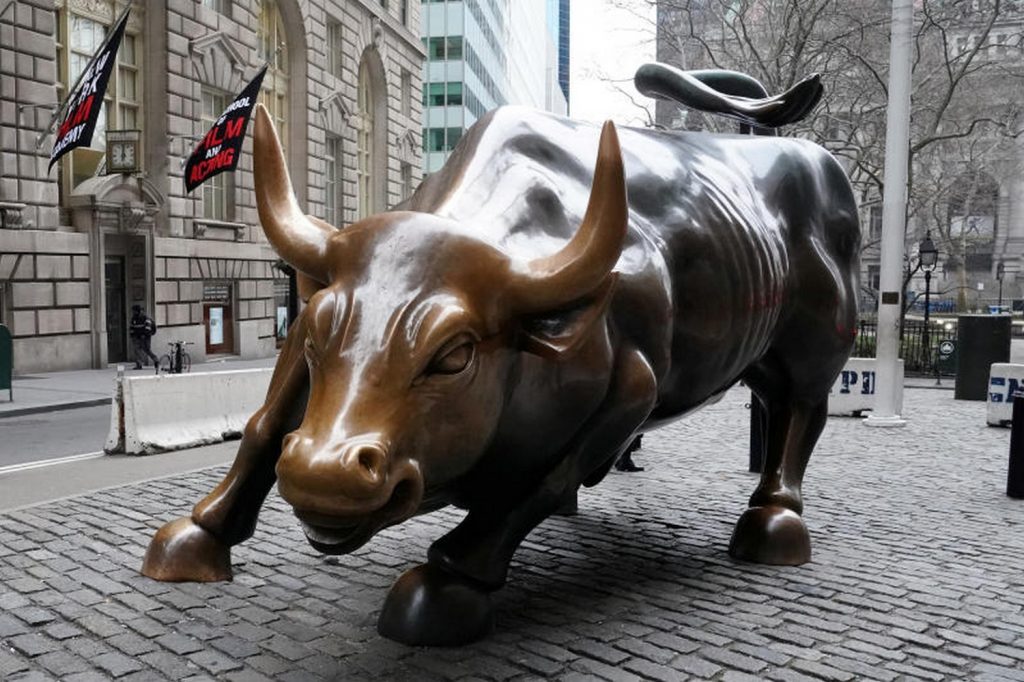KATHMANDU: The Securities Board Of Nepal has approved the proposal to amend the Securities Market Operation Regulations 2064 BS for the establishment of new stock exchange Nepal.
Ramesh Hamal, Chairman of the Board, said that the amendment draft was approved by the board of directors last week and sent to the Ministry of Finance for further processes.
The revised draft will be implemented after it is approved by the Council of Ministers on the proposal of the Ministry of Finance. The board has proposed a minimum paid-up capital of Rs 3 billion for the new stock exchange and sent it for revision of the regulations.
According to the first amendment of the Securities Market Operation Regulations 2067 BS, the minimum paid-up capital of the securities market operator (stock exchange) was to be Rs 50 million.
At present, only banks, financial institutions, securities traders and listed organizations can invest in shares of the stock exchange. However, in the amendment draft, the board said that it is going to be arranged that other institutional investors can also invest.
Things are also being raised that all the work should not be done by the bank alone. In the currently implemented regulations, there is a provision that only banks and financial institutions, securities traders and listed organizations can invest,” Board Chairman Hamal said. It was necessary to amend that regulation. In the amendment draft, it has been proposed that any qualified institutional investor, whether public or private, can invest.
However, Chairman Hamal said that he has sent to the Ministry of Finance to amend the regulations so that individual investors cannot invest. He said that the limit that any organized organization or company can invest in the stock exchange is going to be increased.
Previously, there was a rule that no single company or organization could hold more than ten percent of the total share capital of the securities market, but it has been increased to 15 percent.

